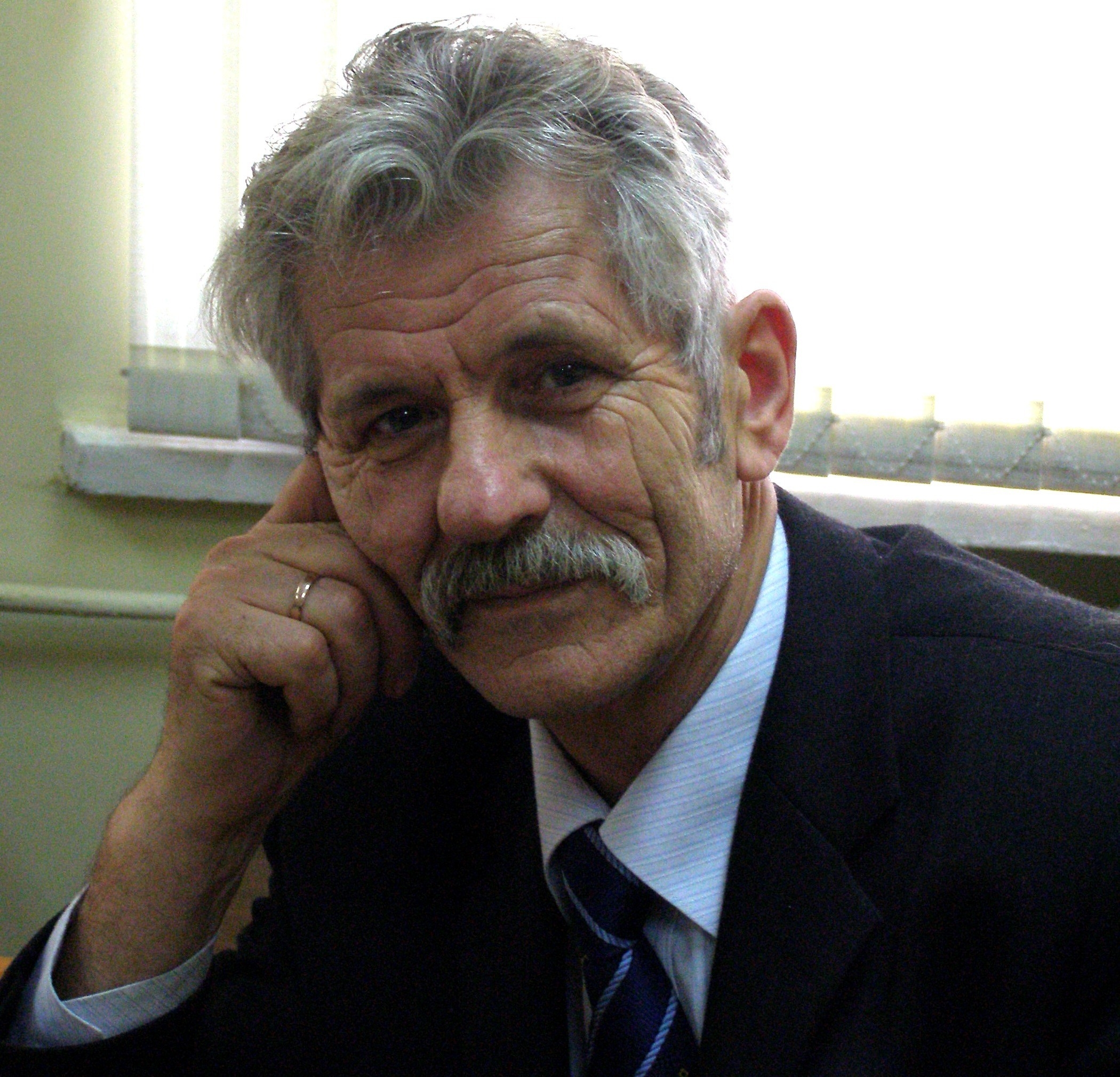The article discusses the problem of ethnic mysteries connected with the worship of the fire cult of the Tungus-Manchurian ethnic groups of the Far East based on field published materials and literary sources. The relevance of the research goal is determined by the scientific and public interests of the small indigenous peoples of the Amur region, Primorye and other regions of Russia. This goal is achieved by a detailed study of numerous rituals, prohibitions and signs that are directly related to hunting and the everyday culture of the fishing population of the Tungus-Manchu ethnic groups. According to the worldview of the Nanai, Negidal, Orochi, the article was prepared taking into account ethnological research methods and ethnographic approaches such as visual observation and personal involvement in the mysteries associated with the rituals of worship, feeding the “god” of fire Pudza and the request of the hunters from the master of the taiga Onku a successful hunt. Ulchi, Udege and other Tungus-Manchurian ethnic groups of the southern part of the Russian Far East, it was believed that the fire master Pudza Ezani had the toad of Jala (guarding the fire from self-extinguishing), Ikte forest ants, who helped the toad, to maintain a “good” fire, as well as the Sugdugu bird - the kingfisher – the servant of the ant host Ikta Ezani, and the wild boar Aulа, who was the first in the taiga to report insane fire (fire) that escaped the host's control. All traditional life, hunting, fishing and gathering of the Tungus-Manchu ethnic groups of the Lower Amur and Primorye were associated with the worship and preservation of old rituals and traditions of the ancient ancestors, who laid the economic and cultural basis for the existence of their descendants.
Keywords: region, Tungus-Manchu, worldview, animism, ritual, cult, fire, life, hunting, tradition
DOI: 10.22250/2072-8662.2019.4.73-79
About the author
 |
Anatolii F. Startcev – DSc (History), Chief researcher at the Department of Ethnography, Ethnology and Anthropology, The Far Eastern Branch of Russian Academy of Sciences Institute of History, Archaeology and Ethnology; 89 Puchkinskaja str., Vladivostok, Russia, 690001; This email address is being protected from spambots. You need JavaScript enabled to view it. |






